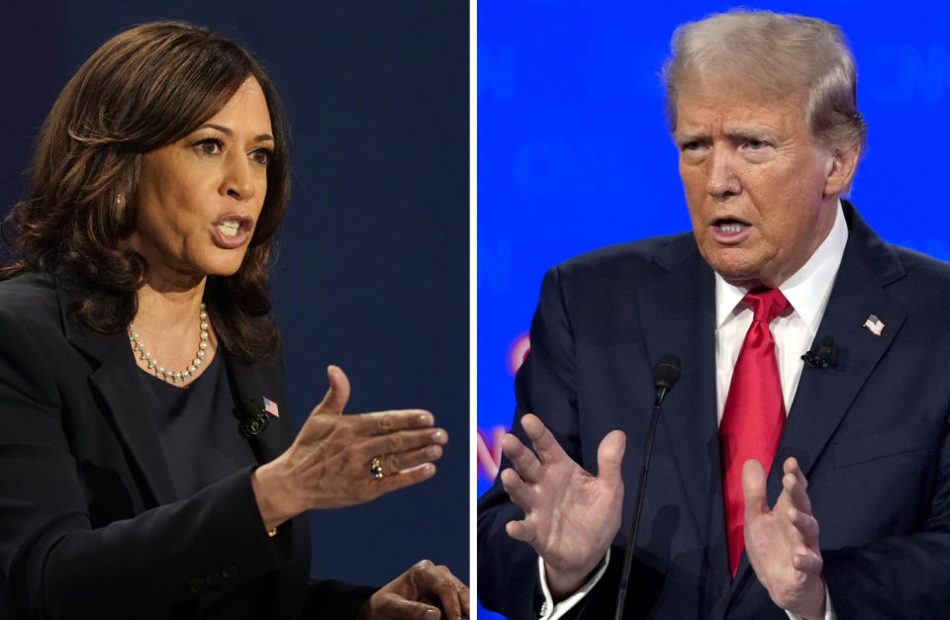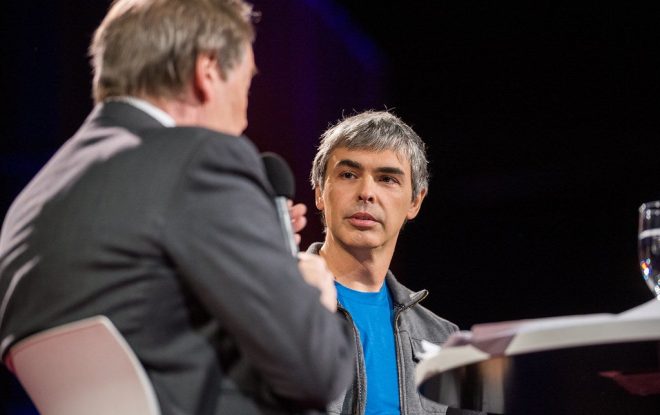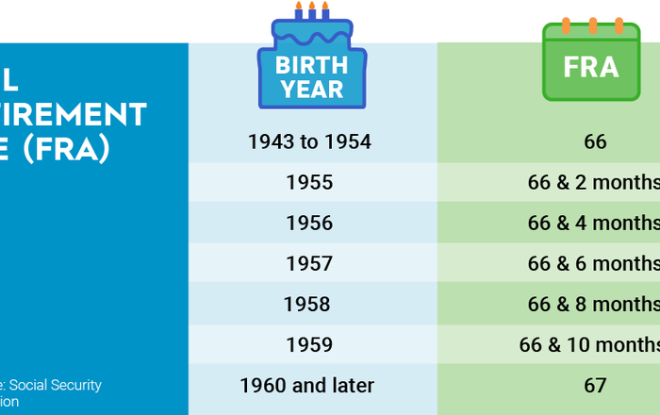‘Serious energy deflation’ is coming whether Trump or Harris wins, says analyst
In their bids to win the 2024 election, former President Donald Trump has promised to “drill, baby, drill” to lower energy prices, while Vice President Kamala Harris has assured she won’t ban fracking.
Those promises may not matter much in the near term. Energy prices are poised to drop, regardless of who wins, says one industry watcher.
“Whoever gets elected in November is going to be very fortunate in that they are going to be dealing with some of the most serious energy deflation … since 2020,” Tom Kloza, OPIS Global head of energy analysis, told Yahoo Finance, referring to the start of the pandemic lockdowns four years ago when US crude prices slumped as travel demand collapsed.
This past week was one of the year’s most volatile for the energy markets as oil touched its lowest level since 2021 before ticking higher on Wednesday. Year to date, West Texas Intermediate (CL=F) is down about 2%, while Brent (BZ=F), the international benchmark, is down more than 4%.
Gasoline prices have also fallen to their lowest level since February, with the national average at $3.24 per gallon, according to AAA.
Prices are expected to go lower as the industry soon switches to a cheaper winter-grade gasoline. Analysts predict the national average will dip below $3 per gallon in the coming weeks barring an unforeseen event.
“These sub-$3 prices are sure to boost consumer sentiment going into the fall,” GasBuddy head of petroleum analysis Patrick De Haan told Yahoo Finance.
Weak demand out of China, the biggest importer of oil, has been the main driver of declining crude prices. The country has been battling a housing crisis while shifting toward electric vehicles and more natural gas consumption.
Cracks in the US economy and Europe have also weighed on the markets, keeping some speculators notably at bay.
“What happened this summer and what continues to happen is that you do not have speculators buying futures and options contracts anymore,” said Kloza. “The fact that we didn’t see more speculative money coming into the market … that might represent a real sea change for oil.”
“Right now, financial participation in oil markets is probably as low as it’s been since oil became an asset class,” said Kloza.
The fall in oil prices has been so rapid that Wall Street analysts have been forced to revise down their forecasts. On Monday, Morgan Stanley cut its Brent price target for the second time in a matter of weeks, citing risks of “considerable demand weakness.”
The analysts forecast Brent will average $75 per barrel in the fourth quarter of this year, $5 lower than the prior downwardly revised outlook of $80 issued in late August.
Oil demand growth forecasts have also come down. The International Energy Agency cut its outlook for 2024, citing Chinese oil demand “firmly in contraction.”
The revision came the same week oil alliance OPEC slightly trimmed its own oil demand forecast. Despite the revision, OPEC’s expectations are still near double other industry estimates.
The oil alliance spearheaded by Saudi Arabia has been eager to bring back more of its supply by unwinding some of its production cuts, which have helped keep a floor on prices.
However, the cartel recently delayed the reintroduction of barrels initially slated for October given the slump in oil. The postponement didn’t do much to boost prices.
“OPEC+ still has a significant amount of oil that is just waiting to return to the market. And I think that’s the concern — is there really that demand to really satisfy and absorb that increased oil that is going to come back to the market sometime soon?” Tortoise senior portfolio manager Rob Thummel told Yahoo Finance on Wednesday.
In a nod to centrists, during Tuesday’s event Harris underscored record production in the US, the largest oil and gas producer in the world.
“We have invested a trillion dollars in a clean energy economy while we have also increased domestic gas production to historic levels,” said Harris.
Meanwhile, at rallies, Trump has promised to produce even more oil in order to cut energy prices in half and bring gasoline below $2 per gallon, though analysts expect producers to keep his “drill, baby, drill” vow in check if prices go too low.
On average, companies need the price of US crude to be at least $64 per barrel in order to profitably drill a new well, and $39 for existing ones, according to the Dallas Federal Reserve survey.
With WTI trading near $69, production is expected to continue growing amid technological breakthroughs. The US reached peak production last year despite declining US drilling activity because new wells are more efficient, according to government data. US oil production next year is expected to reach another record level, given advances in horizontal drilling and fracking.
“Ukraine war, the COVID lockdowns, those are the things that shaped oil prices in the last four years,” said OPIS’s Kloza.
“The more likely thing is that we’re going to see much more modest prices next year, and we’ll see oil trade in [on] a lot quieter terms than we have for the last three years,” he added.
Ines Ferre is a senior business reporter for Yahoo Finance. Follow her on X at @ines_ferre.
Click here for in-depth analysis of the latest stock market news and events moving stock prices
Read the latest financial and business news from Yahoo Finance





Leave a Reply